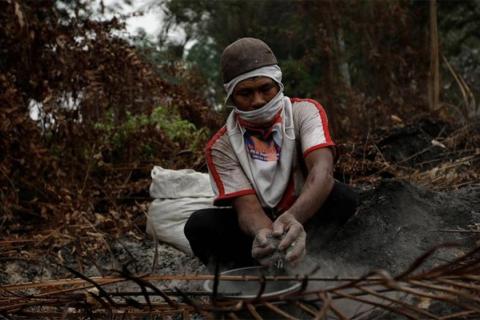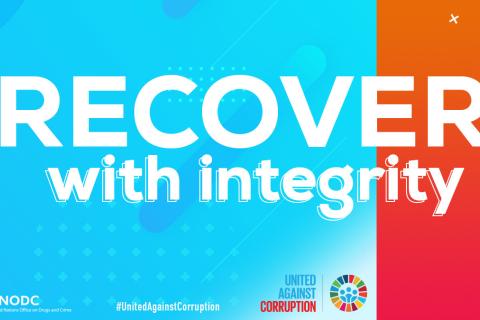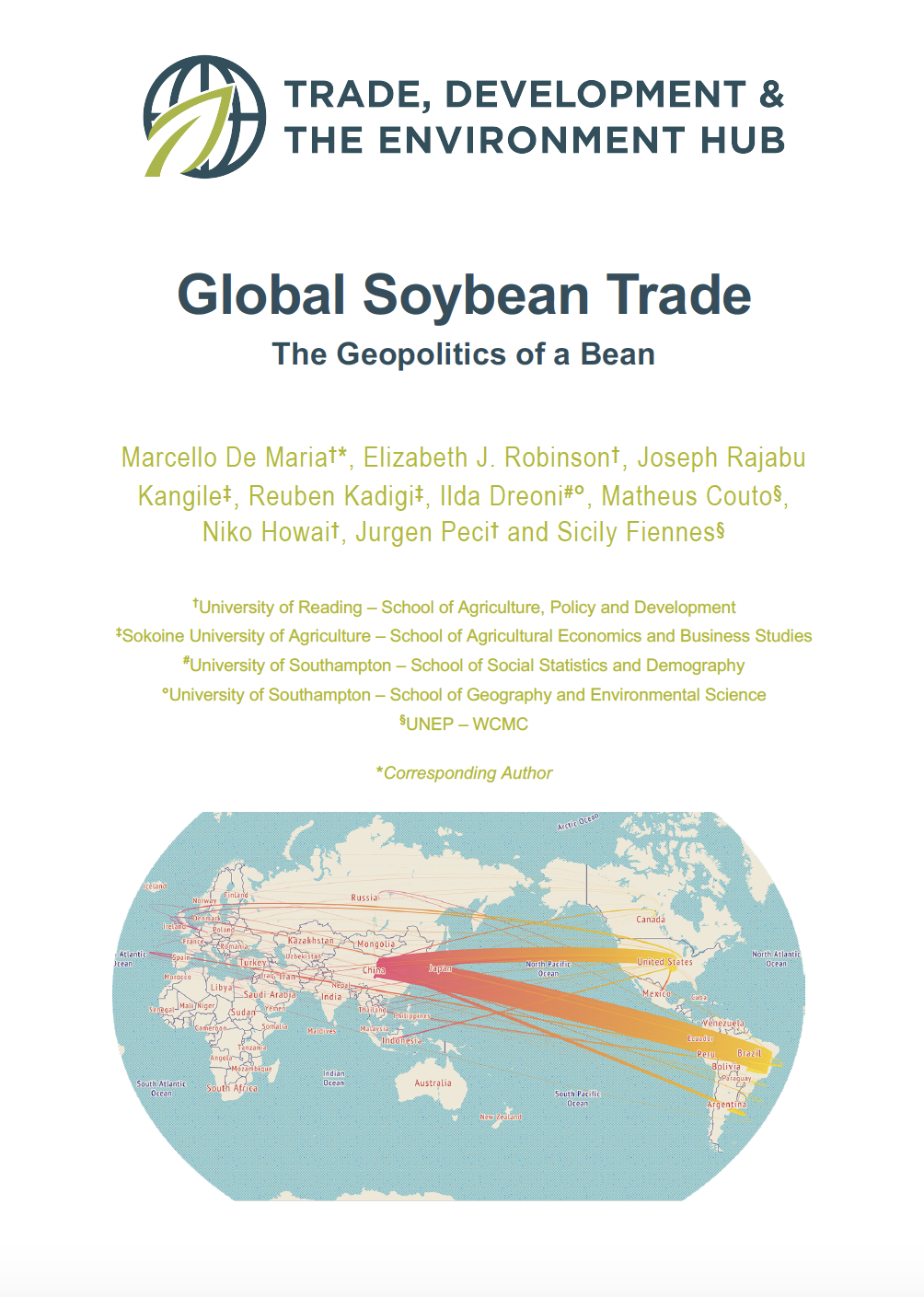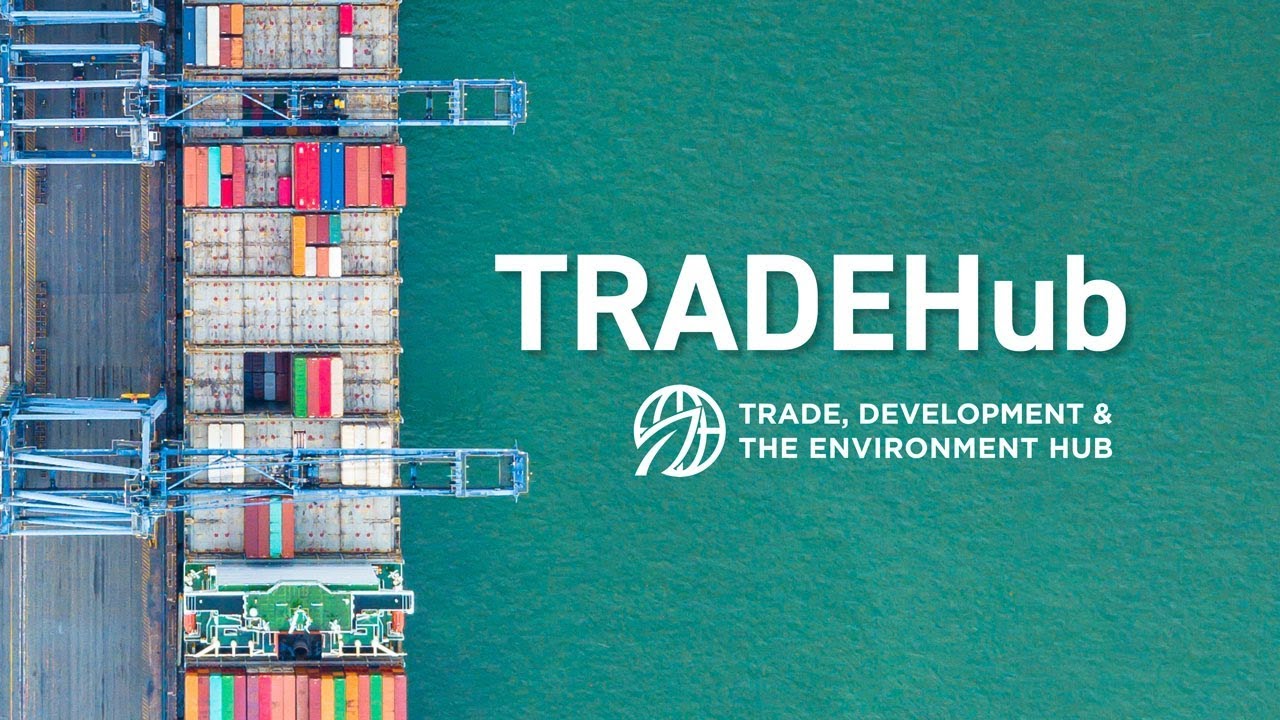
Topics and Regions
Neil Sorensen joined the Land Portal as its Communications Specialist in October 2015. He has extensive experience leading communications for international organizations and developing relationships with civil society, donors, intergovernmental agencies, the media and the private sector. Previously, Neil worked for the International Fund for Agriculture Development (IFAD) as a Governing Bodies Officer and Strategic Adviser to the Secretary of IFAD. He has also led communications for three international organizations, including the International Land Coalition, the International Federation of Agricultural Producers (IFAP) and the International Federation of Organic Agriculture Movements (IFOAM). He holds a Master’s degree in Global Diplomacy from the University of London School of Oriental and African Studies (SOAS) as well as a Bachelor’s degree with a double major in German and Sociology from St. Cloud State University.
Details
Location
Contributions
Displaying 411 - 420 of 1156Press Release: Study Finds Upward Trend of Land Inequality in Asia Driven By Large-Scale Land Acquisitions
In a new study, researchers say that land inequality is rising in most countries. Worse, new measures and analysis proves that land inequality is significantly higher than previously recorded, with data reporting a 41 percent increase compared to traditional census data.
Five mega-trends affecting forests will have profound impacts on local communities
We need to understand the consequences of technology, migration, climate shifts, infrastructure and a growing middle class on forest-dependent people
The fifth anniversary of the signing of the Paris Agreement offers a moment to reflect on progress towards global climate goals. When it comes to protecting the world’s forests, which are essential to global and national efforts to combat climate change and biodiversity loss, there has been little – if any – progress.
China Regains Clout in Sri Lanka With Family’s Return to Power
China's Yangtze fishing communities adapt to life on land
Yang Zeqiang's boat chugs across the Yangtze ferrying a few people and sacks of grain -- his new source of income after all fishing was halted along China's longest river in the name of environmental protection.
As a boy, Yang remembers seeing his father and grandfather head out in the early morning dark to earn a living fishing the upper Yangtze in China's southwest.
"I grew up here on the Yangtze River, where my family have been fishing for generations," said 52-year-old Yang, who also fished for two decades until the ban.
Xinjiang: more than half a million forced to pick cotton, report suggests
Forced labour much more widespread than initially thought in China region that supplies a fifth of the world’s cotton
International Anti-Corruption Day: Recover with Integrity by Tackling Land Corruption
Corruption is the abuse of entrusted power for private gain, and corrupt practices in the context of land administration and land management have come to be known as ‘land corruption.’ Unfortunately, land corruption is all too common, with one in every five people across the globe paying bribes to access land services.
Gender-Based Violence and Land Documentation & Administration in Zambia
This brief draws from USAID’s experience supporting systematic land documentation in Zambia to further advance awareness and knowledge about the relationship between gender-based violence (GBV) and the access, use, and control of land and property. It aims to inform current and future design and implementation of programs that promote land-based investment and land rights (particularly women’s land rights) by civil society organizations, other donors, and the private sector.
Background
USAID Brief Reveals Linkages between Gender-Based Violence and Documentation of Women’s Land Rights
A USAID brief, published to mark 16 Days of Activism against Gender-Based Violence, reveals important lessons from land rights registration activities in Zambia
Securing women’s land rights is an important global development goal and has been linked to significant gains in women’s economic empowerment and community development. At the same time, the process of documenting these rights can create resentment and increase conflict not only between spouses, but also within families and communities, often leading to gender-based violence.
Global Soybean Trade
With a diameter of only 5 to 11 millimetres on average, it is fascinating to think how soybean is currently affecting – and affected by – changes in economy, environment and society, both at the global and at the local level. Bearing in mind the main objective of the Trade Hub project and the specific contribution of Work Package 4, the present Scoping Study analyses the evolution of the ‘geopolitics’ of international trade flows, dissecting social, institutional, economic and environmental outcomes along the value chain of this commodity.
Trade, Development and the Environment Hub
The world’s leading experts have predicted that a million species are now threatened with extinction, and that ‘the direct exploitation of organisms’ is the second biggest cause of wildlife loss around the world.










